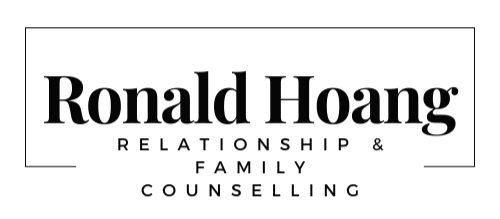Why we stay in bad relationships
Know someone that is STILL in THAT relationship. You see it’s toxic from a mile away, why can’t they. Maybe that person was you.
Ever been in a line, you’ve waited for a few minutes and think to yourself, a few MORE minutes can't hurt, you’ve waited this long already. This is the sunk cost fallacy – the phenomenon where we are reluctant to abandon a course because we’ve already invested in it. Even when it’s clear changing course would be more beneficial, we stay put. Investment into relationship is not quantifiable, which makes it even harder to know when to leave.
With more being invested in the relationship your lives become more intwined – you share friends, your families get to know each other, own a pet together, a home and eventually children. But you’re not happy in the relationship. You want to leave, but can’t. You stay because of everything else that connects you, but can’t figure out your own reasons for staying. Like an outside shell without any filling. This is constraint commitment – being in a relationship for external reasons. Personal dedication to the relationship has been lost. But we feel committed because of everything else, even when the relationship is bad.
Or when you convince yourself “it’s not THAT bad, we have our good moments”. Couples in healthier relationships tend to have more positive interactions than negative interactions, a ratio of 5 to 1 (research by john gottman). People may stay in bad relationships as there are just enough positive interactions to keep them in, not quite enough negative to go.
We also stay in bad relationships because it feels familiar, there is safety and comfort in familiarity, even when the familiar hurts us. The familiar comes from our relational history. If we grew up in a destructive household our adult relationships reflect that. We look to find corrective emotional experiences, to heal our childhood suffering through our adults relationships. And people get stuck when they convince themselves that they can change their partner.
These are reasons why we stay in bad relationships.
Except for a more complex interaction – domestic violence. In domestic violence, it’s not the survivors fault for staying – they are coerced into staying.
Survivors get caught in a cycle of violence, they are gaslit through false promises by the perpetrator to believe things could change, which gives them hope, so they stay. But the pattern of violence continues. Survivors are disempowered, made to believe they are unable to survive out in the world on their own, so they feel can’t leave. Survivors also stay because they feel its safer than leaving – relationship separation is where perpetrators become more violent and survivors are most at risk. Leaving means the perpetrator loses control, and they escalate the violence in order to re-gain control, so survivors stay to protect themselves.
If you’ve been stuck in a bad relationship, beating yourself up thinking “why did I stay so long”. My message to you is: you left when you were ready to.

